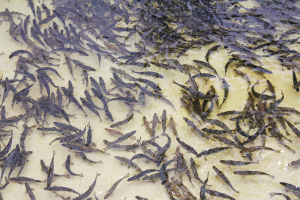
The diet of wild Atlantic salmon post-smolts has gone largely unchanged for 20 years
A well-documented ecological regime shift in the Northeast Atlantic did not have a large impact on salmon post-smolts’ diets in Norwegian fjords.
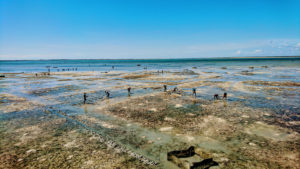
Sea cucumber project redefining traditional farming in Madagascar
Farming sea cucumbers – known as sea slugs in China – is changing people’s lives, giving rural workers in Madagascar a potential pathway out of poverty.
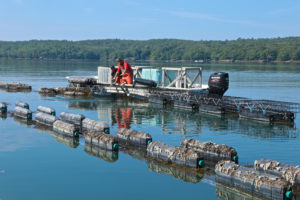
Maine oyster farmer stares down climate change, learns to adapt
Bill Mook’s oyster farm is adapting to more frequent and intense rains, more acidic and warming seawater and other challenges that climate change brings.

Perspectives for red-banded sea bream culture
Red-banded sea bream could be farmed in systems designed for other sparid species. The authors’ facilities have achieved spontaneous spawning.

Genetic improvement of marine fish
Aquaculture often fails to enhance productivity and competitiveness with genetic improvement, perhaps due to uncertainty over which methods should be used.
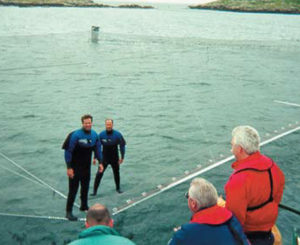
Fences in the ocean
Erecting permanent structures in open coastal waters, like fish farms, requires planning, direction and, most likely, the grant of private property rights.
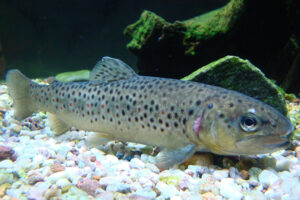
Evaluating live food and insect meal-based diets for larval rearing of sea trout
Live foods and insect meal-based diets can be effective feed ingredients for larval sea trout with good results on growth and survival.
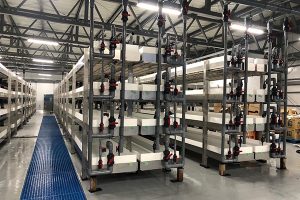
Urchinomics and Maruyama Suisan launch sea urchin ranching site in Japan
Sea urchin aquaculture venture Urchinomics has opened a sea urchin-ranching site in Nagato, Japan, in partnership with seafood processor Maruyama Suisan.
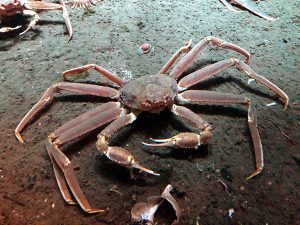
Marine byproduct-based bait performs well in Barents Sea snow crab fishery
Experimental bait using marine byproducts was tested by SINTEF researchers in a Barents Sea snow crab fishery.
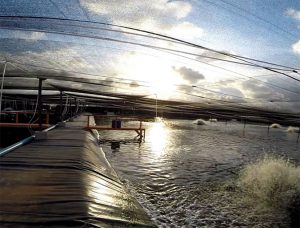
GOAL 2016 preview: Innovation and Leadership Award a nod to problem solvers
Winners of the Global Aquaculture Alliance’s annual Innovation & Leadership Award have shown the ability to overcome obstacles encountered in the responsible production of farmed seafood. New technology applications, biosecurity solutions and production systems have been honored.

Aquaculture Exchange: Alan Shaw, Calysta
Turn fuel into animal food? Calysta can do that. The California biotech company is now hoping for greater buy-in from aquaculture, its target market. CEO Alan Shaw talks about the potential of FeedKind and its ambitious plans for 2016 and beyond.
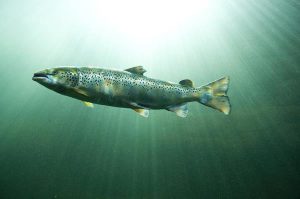
Yellow Seafood Watch rating opens doors for Maine farmed salmon
Only farmed salmon from four regions in the world have earned a “best choice” or “good alternative” buy ranking from Seafood Watch. Maine-produced product is now an option for retailers and restaurant buyers who follow the Monterey Bay Aquarium’s influential recommendations.
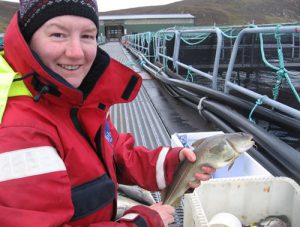
Aquaculture Exchange: Dawn Purchase, part 2
The Marine Conservation Society’s aquaculture program manager discusses what consumers ultimately need to know about aquaculture, responsible production and eco-labels. She also looks at NGOs making a difference in the global seafood industry and where she finds innovation in action.
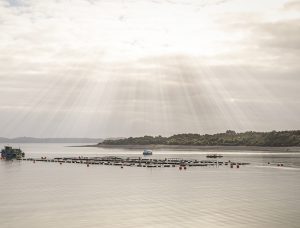
Chilean salmon farmers see brighter days ahead
Chile’s farmed salmon industry has had a rough decade. A lot is riding on its ability to work through the turbulence, including 70,000 jobs and $3.5 billion in annual sales. Is reducing production the answer?
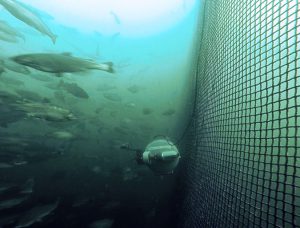
Rise of the machines: Aquaculture’s robotic revolution
Technological advances are revolutionizing aquaculture. From airborne inspection tools to underwater drones, innovative robotics and automation technology are unveiling a brave new world of futuristic farming.

GOAL 2017 Blog: Aquaculture world descends on Dublin
Follow the Global Aquaculture Advocate's coverage of the 2017 GOAL (Global Outlook for Aquaculture Leadership) conference at Croke Park in Dublin, Ireland.
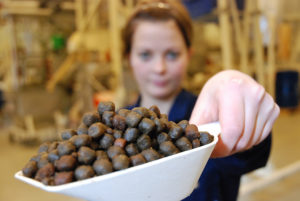
Inside the Cargill Aqua Nutrition aquafeed plant in Scotland
Formed in 2015, following Cargill’s acquisition of salmon feed specialist EWOS to complement its own warm-water aquaculture feed business, Cargill Aqua Nutrition produces feed for salmon, tilapia and shrimp in 20 countries around the world.
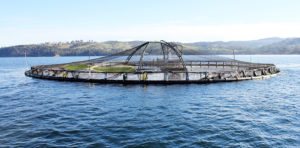
Innovation in aquaculture
Innovations in key technologies have contributed to productivity growth in salmon farming. Manual production tasks have been automated, while improvements in feed and disease management also increase efficiency.
